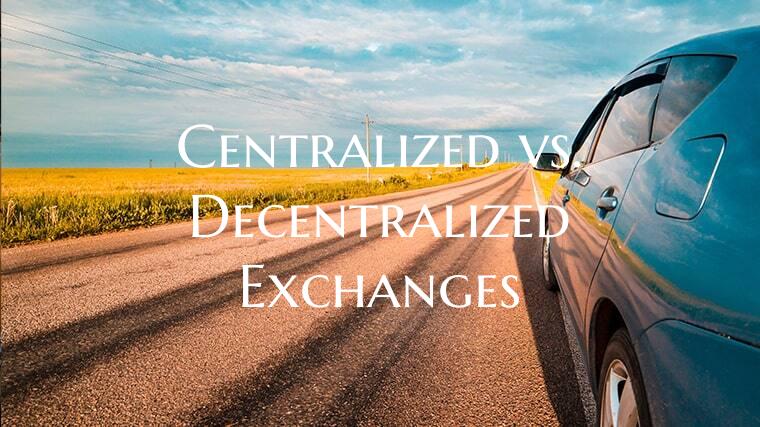Centralized vs. Decentralized Exchanges
Centralized vs. Decentralized Exchanges: Understanding the Key Differences
Exchanges are an integral component of the cryptocurrency ecosystem, providing a platform for users to buy, sell, and trade digital assets. Two common types of cryptocurrency exchanges are centralized and decentralized exchanges. Each has its own set of characteristics and benefits, catering to different preferences and needs within the crypto community.
Centralized exchanges (CEX) are operated by a single entity that controls the platform's functionalities. Users on centralized exchanges must trust the exchange to store their funds securely and execute trades accurately. These exchanges often require users to create accounts, undergo KYC (Know Your Customer) processes, and deposit funds into exchange-controlled wallets before trading.
Advantages of centralized exchanges include high liquidity, user-friendly interfaces, and customer support services. They also typically offer a wide range of trading pairs and advanced trading features such as margin trading and futures contracts. However, centralized exchanges are vulnerable to hacks, downtime, and security breaches, as they store users' funds and personal information on centralized servers.
On the other hand, decentralized exchanges (DEX) operate without a central authority, allowing users to trade directly with each other using smart contracts or automated protocols. DEX platforms do not hold users' funds, providing greater security and control over their assets. Users do not need to create accounts or undergo verification processes on most DEX platforms.
Decentralized exchanges offer benefits such as enhanced privacy, censorship resistance, and trustless transactions. They are often praised for their alignment with the core principles of blockchain technology, promoting decentralization and peer-to-peer trading. However, DEX platforms may have lower liquidity, slower transaction speeds, and less intuitive interfaces compared to centralized exchanges.
In conclusion, the choice between a centralized and decentralized exchange depends on individual preferences, risk tolerance, and trading requirements. Centralized exchanges offer convenience and advanced features but come with security risks and reliance on third parties. Decentralized exchanges prioritize security, privacy, and decentralization but may lack certain features and user experience polish. Ultimately, understanding the differences between centralized and decentralized exchanges is crucial for making informed decisions in the evolving landscape of cryptocurrency trading.
